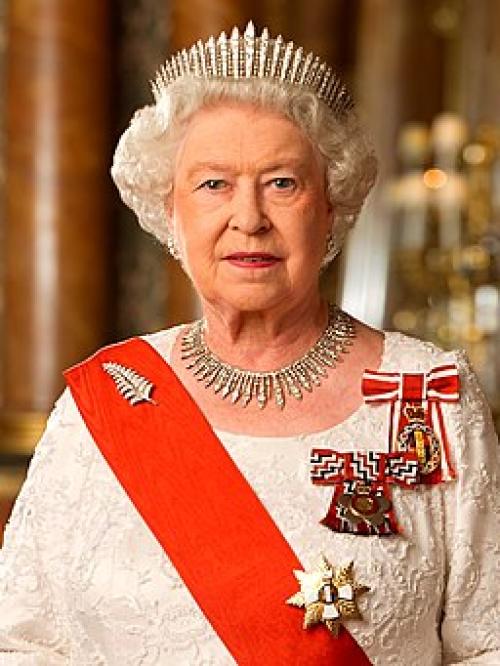Queen Elizabeth II, Britain’s longest-reigning monarch, died Thursday after 70 years on the throne. Her 73-year-old son Prince Charles automatically became king upon her death.
Alexandra Cirone, assistant professor of government, is an expert on European politics. She says that “Prince Charles will be a distinctly different monarch than Queen Elizabeth II. Prince Charles has faced scrutiny in the past for his environmental activism and political lobbying of government ministers. British monarchs are supposed to remain neutral with respect to politics, and if King Charles III breaks this tradition, it could decrease support for the very existence of the monarchy.
“Either way, he begins his rule amidst both scandals in the royal family and social and economic turmoil in the United Kingdom; this will force the new King Charles to quickly determine his own path as ruler," says Cirone.
Rachel Weil, professor of history, studies the political, cultural, intellectual and gender history of early modern England. She says “the British monarchy since the late 19th century has exercised symbolic rather than actual power. Elizabeth was scrupulous in not crossing the line into policymaking, but she also showed us just how important the symbolic is for a society. She and her family were at times a focus for national unity, at other times a screen onto which anxieties and angers around gender, class, and race were projected.
"Her life and her image are fascinating as a lens through which we can see the people of Britain and its Empire struggle with questions of identity and power,” says Weil.
For interviews contact Becka Bowyer; cell: (607) 220-4185; rpb224@cornell.edu.




